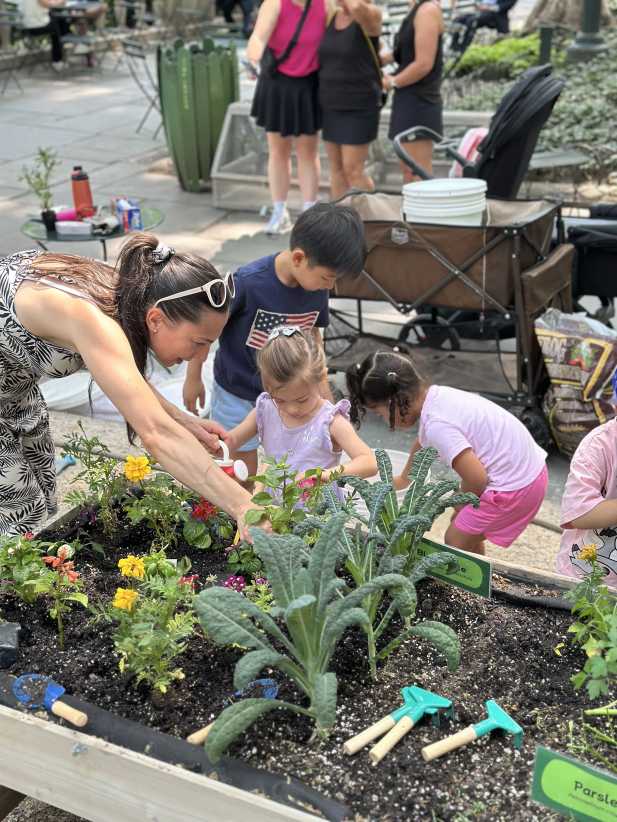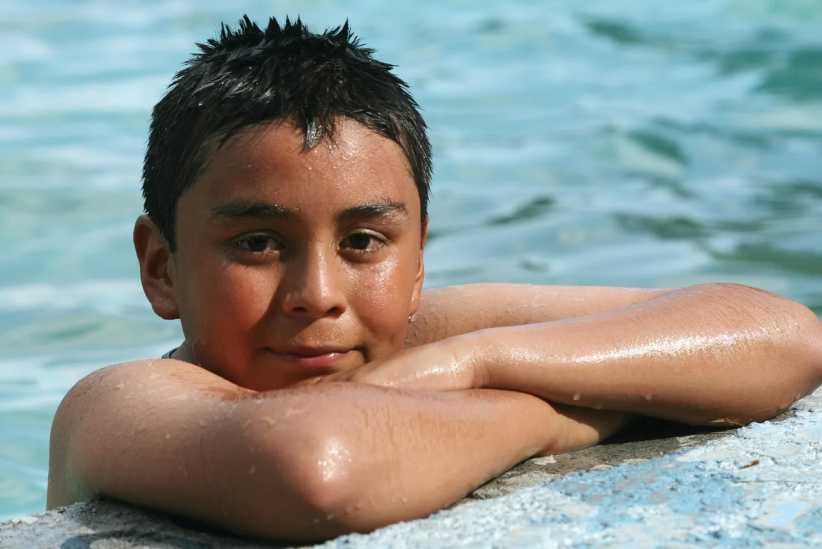
Do your little ones love swordplay? If so, why not introduce them to fencing? Fencing is a great way for children to build strength and coordination, develop discipline, and learn how to persevere, problem solve, and work as part of a team. Not to mention, kids do not have to be a certain body type or super athletic. And what’s cool: top fencers can earn an athletic scholarship to a prestigious college—a win-win for everyone.
To learn more about this popular Olympic sport and how young fencers can improve their skills, we reached out to Julia Gelman, Executive Director of Manhattan Fencing Center, a state-of-the-art facility founded in 2007 by U.S. Fencing Hall of Fame Maestro Yury Gelman and home to many Olympic medalists.
For someone unfamiliar with Manhattan Fencing Center, how would you describe the company’s mission?
Our goal is to teach everyone, young and old, the Olympic sport of fencing and to make everyone who walks through our doors fall in love with the sport for life. For those youth students who are interested in perusing the sport seriously, our facility and world famous coaches can open a lot of doors to be accepted to some of the best universities.
Why is fencing a good sport for kids to pick up?
It teaches discipline, coordination, good sportsmanship, teamwork, and the ability to continue fighting after taking a loss in addition to so much more.
Students get to choose their weapons: foil or saber. What’s the difference between the two?
Foil is a thrusting weapon where the target area is the smallest, torso and back only. Foil usually takes longer to master so we recommend that our youngest students (ages 5-7) begin with the foil. Saber is mainly a slashing weapon and the target area is larger, including your arms, torso, and head.
What are five good tips for helping young fencers, ages 8-10, improve their fencing skills?
- Practice regularly, ideally weekly during the school year and at camps during the summer.
- Always combine lessons and classes (picking one over the other will make it difficult to progress). The best combination of practice should include a private lesson, group class, and open bouting.
- Come in a little early and leave a little later to work on your footwork and target work without a coach.
- Keep a fencing journal.
- Schedule regular meetings with your coach to discuss goals, tournaments, and progress. Parental involvement, encouragement, and understanding of the sport is extremely important in making a successful and happy fencer.
What are some things children can do when they are not fencing to improve their skills?
Many coaches recommend dancing or boxing as other sports that help with fencing footwork. In addition to practice, students may also work on their physical strength by jogging and conditioning at home, the gym, or with a trainer.
Please describe the beginner parents’ classes for our readers.
Classes for parents are very similar to youth classes. They will teach the difference between the weapons, rules of the strip, footwork, parries, attacks, and strategy. Parents who take classes will be able to understand what their fencer is doing right or wrong and will be able to ‘coach’ them at amateur competitions. Many of our parents fall in love with the sport; they join the more advanced classes and compete themselves.
What can kids expect when they take a class at Manhattan Fencing Center?
Anyone joining a class will be doing a little warm-up, footwork, and then get right to drills and some open bouting. They will get fully dressed (mask, glove, jacket, pants, chest protector, and saber/foil) and work with their classmates on certain actions. At the end of class, the coach generally lets them open bout, which means to fence a short match using the parry or attacks they just learned.
Is there anything else you want our readers to know about Manhattan Fencing Center?
Manhattan Fencing is a family-owned, private club opened by five-time Olympic Coach Yury Gelman. Our club is ranked #1 in the United States out of over 400 fencing clubs in student performance. In addition, our club has prepared more Olympians and U.S. National Team Members than any other fencing club in the U.S. in the last ten years. Yury is also the founder of the Yury Gelman Foundation, a not-for-profit that sponsors children in need of financial aid to learn to fence in addition to elite and Olympic level athletes.
For more information about Manhattan Fencing Center, visit Manhattan Fencing.





















